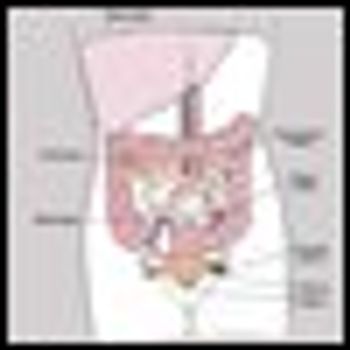M. Steven Piver, MD, LLD(hc)
Articles by M. Steven Piver, MD, LLD(hc)

Given that in the 21st century many believe 70 years of age is the new 60 and 80 years of age is the new 70, any article on ovarian cancer in the elderly depends on one’s definition of elderly. To put this in a 21st century perspective, in a thoughtful article on aging in The New Yorker (“The Way We Age Now,” April 30, 2007), Atul Gawande points out, “for most of our hundred-thousand-year existence-all but the past couple of hundred years-the average life span of human beings has been 30 years or less (research suggests that subjects of the Roman Empire had an average life expectancy of 28 years).

"Although the majority of patients with advanced ovarian cancer will die of the disease, optimism is justified in view of the improved results of surgery followed by cisplatin and carboplatin based chemotherapy."

Over the past 2 decades, we have seen major progress in the management of women with ovarian cancer, with improvements in both overall survival and quality of life. To truly appreciate this progress, it is important to understand the state of affairs regarding the treatment of ovarian cancer in the early 1980s. This paper will discuss that historical background, describe the increasingly favorable impact of evolving treatment paradigms in ovarian cancer, and note future directions for clinical research in this complex disease process.

Two things become apparent to the reader of this excellent article. First, the National Cancer Institute clearly had great foresight in 1970, when they began funding the Gynecologic Oncology Group (GOG) so that phase I, II, and III trials could be conducted in a systematic manner. Second, the authors have written a thorough review of over 3 decades of research into the biology and clinical aspects of cervical and vulvar cancer. In this short space, it would be impossible to adequately comment on the 50 studies reviewed by the authors. However, based on these studies, I would posit the rationale for a paradigm shift in the staging of cervical cancer, and would add (to paraphase Mark Twain), "the report of the complete demise of hydroxyurea as a radiation sensitizer may be an exaggeration."

Drs. Randall and Rubin address three subjects important to all patients with advanced-stage epithelial ovarian cancer: (1) the incidence and annual mortality associated with the disease, (2) the use of intestinal surgery at the time of initial surgery, and (3) the use of surgery for intestinal obstruction in patients with recurrent (or progressive) ovarian cancer. I believe that progress in all three areas has been made, albeit slowly.

Extraovarian primary peritoneal carcinoma (EOPPC), a relatively newly defined disease that develops only in women, accounts for approximately 10% of cases with a presumed diagnosis of ovarian cancer. Characterized by



